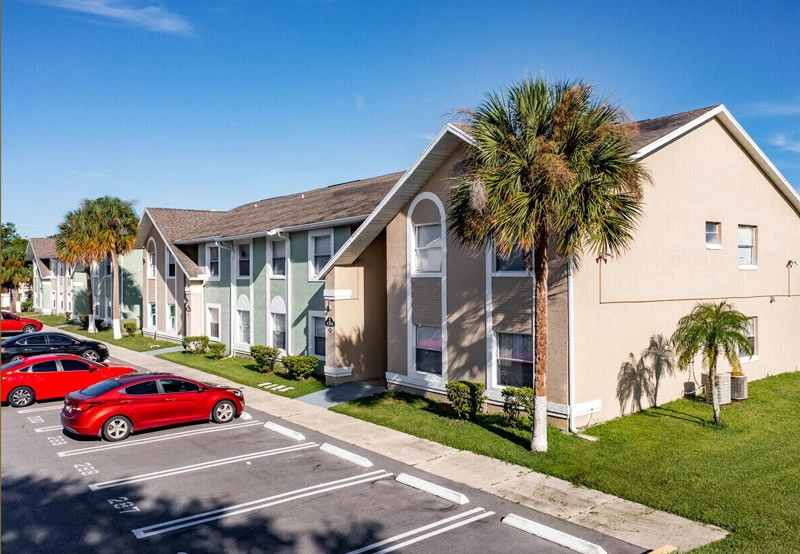Homeowners
Buying into a Homeowner or Condo Association: What to Know
August 16, 2023
When purchasing a home in an Association, you will be entering into a contract with a deed restricted community that has the authority to impose specific limitations as well as charges. Below is a check list that will help you avoid any surprises.
- Governing Documents
Obtain a copy of the Declaration with any amendments as well as the Rules and Regulations.
Review these documents for restrictions which may include, but is not limited to; home improvements, exterior decorations, pet limitations, parking requirements and visitor restrictions. - Applicable Fees
There may be fees for any or all the following:- Estoppel
- Condo Questionnaire
- Special Assessment
- Loan Payment
- Planned Capital Improvements
- Community Development District Bond
- Master Association
- Golf Course or Club Membership
- Dock or Stable Rental
- Capital Contribution
- Sale or Rental Application
- Background Check
- Transfer of Title
- Pet Deposit
- Parking Deposit
- Mailbox, Pool or Club House Keys
- Board Approval and Community Restrictions
The Declaration may grant authority to the Board of Directors to approve a sale or rental application to include a background check. The Board may also have authority to approve the actual sale contract or have the right of first refusal. Many Associations have breed restrictions, limit the number of pets and forbid commercial or recreational vehicles unless parked in an enclosed garage. Sheds, perimeter fencing, landscape improvements and exterior decorations may also be subject to Board approval or restricted completely. - Limited Common Elements
A limited common element is on the outside of a townhome or condominium that only the owner can use such as a balcony or patio. The Declaration will specify whether the owner is responsible for the maintenance of this area and whether the Association is responsible for replacement. - Operating Budget and Reserve Funding
You can request a copy of the current budget which will show what is covered under the Association. Insurance is for the property and liability of the Association and not for the individual owner’s property.
You can request a copy of the most recent financial statement to verify that reserves funding is properly allocated for large Association expenses such as the club house or pool. - Frequency of Assessments and Board meetings
Assessment payments can be required monthly, quarterly, bi-annually or annually. Know when your payment is due to avoid a possible late fee and interest charge. Board meetings can occur monthly, bi-monthly, quarterly, bi-annually or annually. Knowing the board meeting schedule will allow you to submit your concerns to the Board of Directors. - Closing Date
There may be multiple entities involved in providing information and approval of your purchase. Selecting a realistic closing date will allow enough time to acquire the information necessary to complete your purchase on time.



